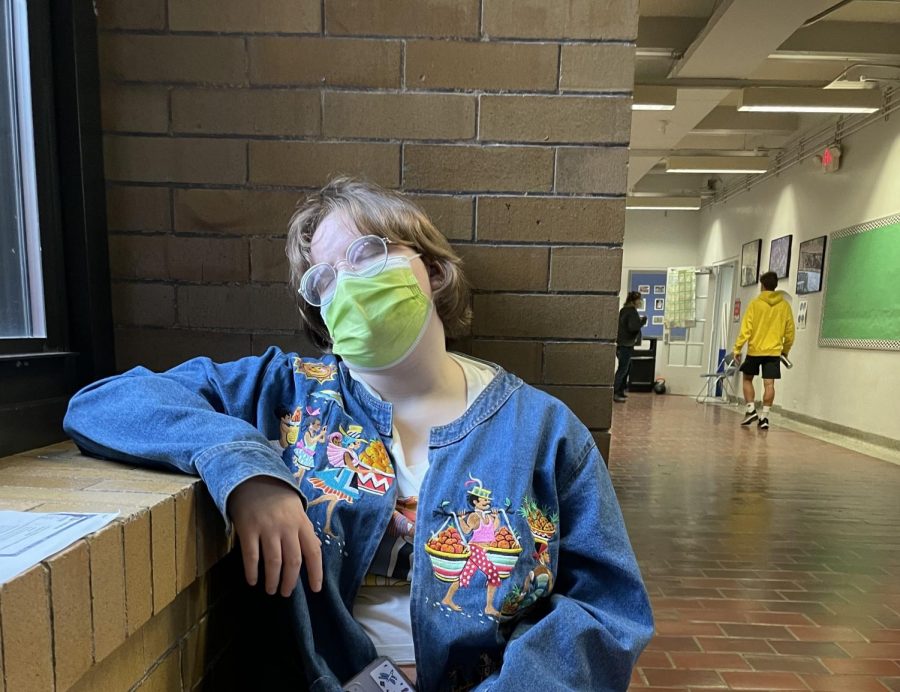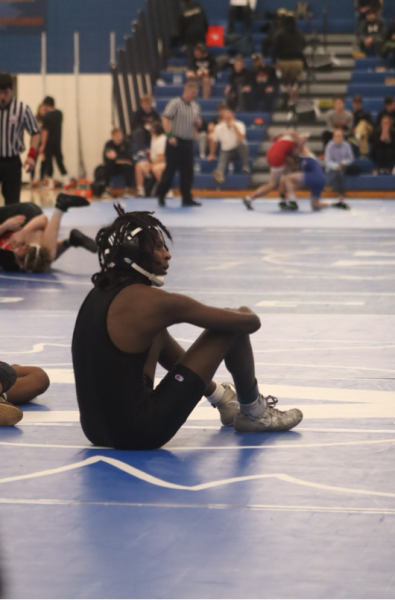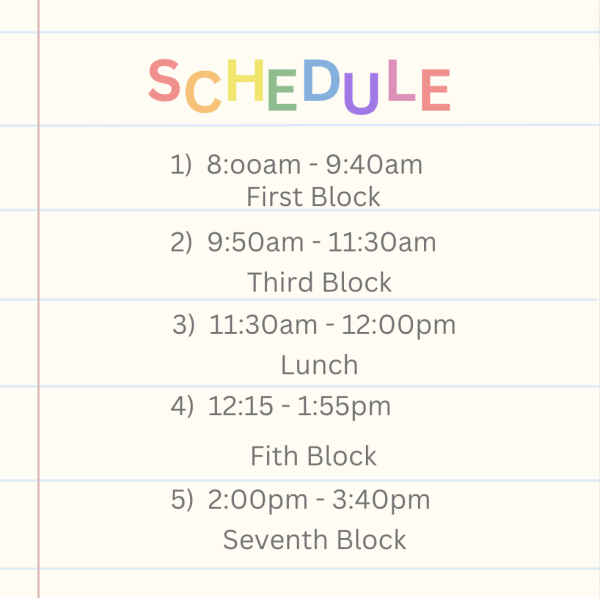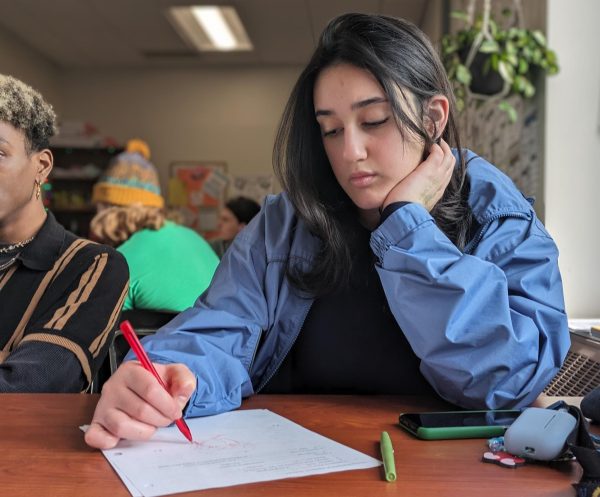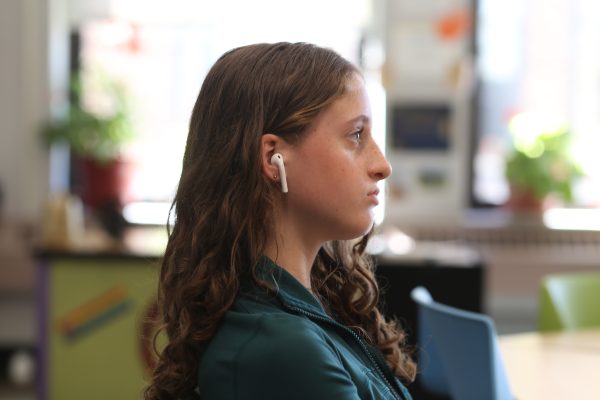Students Need Sleep
“I haven’t slept in three days,” said Moose Gultekin, a sophomore at CHS.
Gultekin’s exhaustion is largely due to stress from school. She has had to stay up extra late to finish her homework which then affects how she feels the next day.
Gultekin has fallen asleep multiple times in class and puts her trust in friends to wake her up. She, like many other people, is dependent on coffee. Without it, Gultekin finds it difficult to focus.
Dr. Dawn Jeanette Dore-Stites, a Clinical Associate Professor at Motts Children Hospital, specializing in Clinical Child and Adolescent Psychology, with her area of expertise in sleep and elimination disorders, recommends eight to 10 hours of sleep each night, but since teenagers are going through the growth process of puberty, that may differ depending on age and conditions. Dore-Stites suggests to find the amount of sleep you need, analyze your sleep on a long vacation (like summer break) and see how much you sleep.
Outside factors may also affect how much sleep one needs. For example, if someone has an upcoming important event that they are nervous about, they may need more sleep. This is because their mind is racing which uses more energy.
“When I wasn’t getting enough sleep, my mental health was really really bad,” said Eva Beals, a CHS sophomore.
During online school, Beals would not get enough sleep. She would go to sleep late and wake up ten minutes before school started and log onto Zoom.
Similar to Beals, Molly Hamalainen, a CHS sophomore, would also roll out of bed right before classes started. However, unlike Beals, Hamalaninen would get around 11 hours of sleep because she would go to sleep much earlier.
Now things have changed for Hamalainen during in-person school. She receives more work, which results in more stress. “It’s kind of a toxic cycle because if I get less sleep, I get more stressed, and then if I get more stressed, I get less sleep,” Hamalainen said.
People who struggle to get enough sleep may show an increase in their stress. “Sleep and mental health are very intertwined,” Dore-Stites said. “There [is] data that [shows] for each hour of sleep lost, suicidal ideation and attempts increase. We also know that risk behaviors increase in teens with shorter sleep.”
In addition, sleep is associated with an increase in anxiety and depression. Physically, lack of sleep can cause a decrease in energy and changes in appearance. It is important that sleep is also taken into account when trying to help with mental health. It is also crucial to prioritize sleep because it plays a big part in one’s overall health.
Some students also expressed that their bad sleep can be linked to the amount of homework they receive. “I don’t get to do much during the day cause I have so much homework and all that, so I just want to do stuff at night, so I go to bed later than I should.” said Ari Taylor, a CHS sophomore.
Dore-Stites believes that due to sleep deprivation, many teens take naps after school thus pushing homework farther into the night. In turn, this adds to the toxic cycle of falling asleep later and feeling more tired.
The Start School Later movement is trying to get the start times pushed back even if it is just until 8:30 a.m.
Schools that have later start times have observed many positive results with students. Although it is recognized that pushing the start time will affect schedules, it is important to recognize issues and work to solve them.
CHS currently starts at 8:00 a.m. For people like Hamalainen, who have to drive 20 minutes to school, they must leave their house at 7:20 a.m. For Hamalainen, this means waking up at least at 6:40 a.m. So, to get the recommended minimum amount of sleep, she must go to bed at 10:40 p.m.
Although many students place the blame for falling asleep in class on the course material, sleep has a large impact on their performance. “If you get sufficient sleep, you will still stay awake in boring situations—you may zone out, but you won’t typically fall asleep,” Dore-Stites said.
Sleep can often be forgotten in the process of improving mental health and productivity, but it is one of the most important things students can do.




